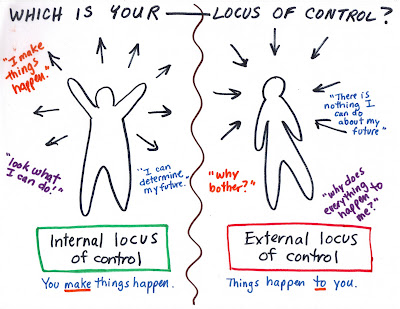Lesson 12: Social Psychology
Attention
We also have developed stereotypes based on our exposure and subjective experience in the world. Understanding our perceptions and feelings and how they influence our behavior is a key part of social psychology. Other related concepts in social psychology include schemas or set beliefs about others, attributions (what we believe to be the causes of events and behavior) and attitudes.
The field of social psychology has grown and developed over the years and now includes the subarea of cognitive social psychology.
Learning Outcomes
Upon completion of this lesson's material, students will be able to:
- Describe examples of stereotypes, the "halo effect", and personal bias
- Describe the factors associated with conformity in group situations
Teaching
Psychology and Sociology
- Psychology is the scientific study of human and animal behavior.
- Sociology is the scientific study of social behavior or society.
Teachings from Sociology
- Our culture impacts our behaviors.
- Our culture shapes our values.
- Our social circumstances impact us
Groups
- Culture - Norms, Values, and Expectations
- Family - Peers - Organizations
- Identity
- Status and Role
- Status - the various "job titles" we have in our social world
- Role - the various "job descriptions" we have in our social world
- Primary Status - Secondary Status
- Social Organizations that we belong to impact our identity
- Status and Role
Perceiving Others
- Physical Appearance
- Stereotypes
- Function: Thought saving and Survival
- Schemas
- Person Schema
- Role Schema
- Event Schema
- Self Schema
- Prejudice
- Discrimination
Attributions
- Internal and External Attributions
- Fundamental Attribution Error
- Why did you get the grade that you did in this class?
Internal and External Locus of Control
"Locus of Control" is a concept that identifies the degree to which we attribute our circumstances to internal or external factors. (It is closely related to Attribution Theory)

Attitudes
- Cognitive component
- Affective component
- Behavioral component
Assessment
In this section you will find a list of the required Assessments that accompany this Lesson. The Lesson Discussions are designed for the ONLINE and HYBRID versions of this course. If you are not in an ONLINE or HYBRID version of this course you can ignore these instructions unless otherwise guided by your instructor.
Lesson 12 Discussion
Read up on the concept of conformity. Describe a situation and reflect on the group factors that influenced your actions. Keep in mind, that to be influenced by a group and go along with them is not a "bad" thing.
Example: Let's say that you joined a new club and when you went to the first meeting you found out that you had to wear a strange outfit and recite certain text passages. So...you go along...the question is WHY did you go along...what group factors related to Social Psychology are at play
Lesson 12 Quiz
- Describe a situation in which you have a bias and relate to your life experiences that have brought about this bias (you will need to look up and understand the concept of "bias" to answer this question)
- Describe a scene in your life where you, or someone around you, applied a "stereotype". Be sure that you describe what the stereotype is and why it is not necessarily true.